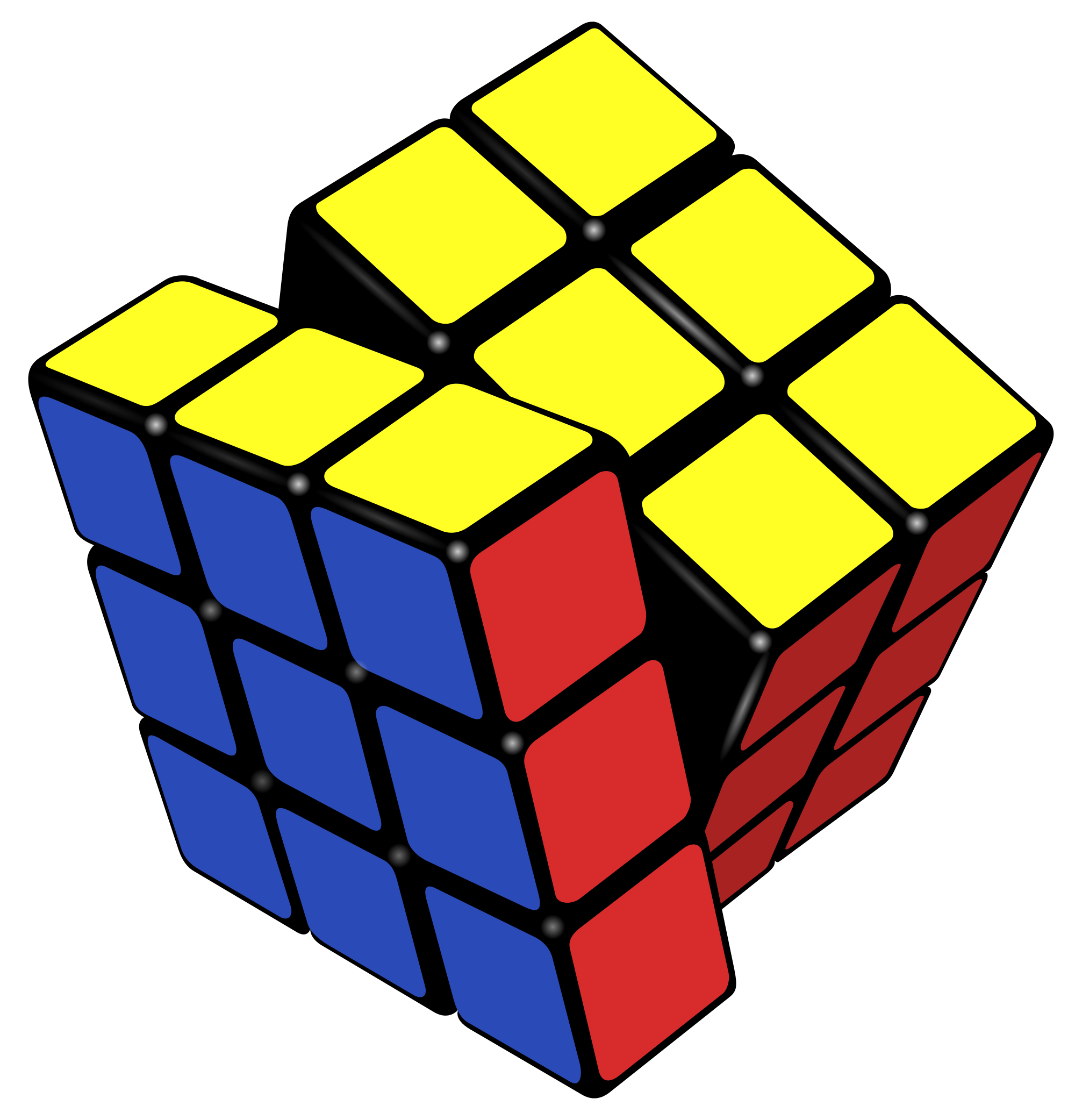This is a general discussion thread. Anything is welcome!
Any exciting plans for the week? Any new PBs? New interesting puzzles?
Posts from this community still don’t show up on the mobile app I use :s
Fortunately I can still see them from desktop.So uni started and I’ve been a lot more busy, but I’m still trying to practice my 3-Style with Anki. I’ve switched from having 1 card per commutator to 1 card for both a commutator and its inverse. This will speed up my learning but very likely slow down my recognition for when I encounter a letter pair that corresponds to an inverse. I’ll try to practice that when I’ve finished learning all the algs first.
The tool I was creating is a little simpler now. It only fetches a few sheets (an old one by Jack Cai and Elliott Kobelansky’s). I use Jack Cai’s algs mainly as that’s the one I found first, but since it has many typos, I replace (via code) the ones I dislike with Elliott’s. Then I generate the Anki cards (with both comm and inverse). Right now I’m learning 378 corner commutators via 189 cards.
What I’ve really grown to like is a mix of Elliott Kobelansky’s notation and standard notation.
- Standard notation:
[D' U': [R D' R', U2]]- In English:
- Set up with
D' U' - Do the insertion
R D' R' - Do the interchange
U2 - Undo the insertion with
R D R' - Undo the interchange with
U2 - Undo the setup with
U D
- Set up with
- In English:
- Elliott’s notation:
D': U' / R D' R'- In English:
- Set up with
D' - Do the pseudo-interchange
U' - Do the insertion
R D' R' - Do the pseudo-interchange twice
U2 - Undo the insertion
R D R' - Do the pseudo-interchange again
U' - Undo the setup with
D'
- Set up with
- In English:
- The mix I like:
[D': [U' / R D' R']]- Exactly the same as Elliott’s notation, but I find it easier to read.
What I do is I have both the standard notation and my modified Elliott notation on each card. That way I can try both and use the one that’s easiest to learn (it’s not always one or the other).
Parsing Elliott’s notation and generating the mix is all automated, of course ;)Posts from this community still don’t show up on the mobile app I use :s
That’s strange. What app do you use?
I figured it out! It was because I was sorting by “top 12 hours”. I didn’t realize it would filter posts from only past 12 hours.
Thunder on Android.
- Standard notation:
What was/is everyone’s favorite resource for intuitive F2L? I’m not looking to memorize hundreds of algorithms at this point. However, it seems inconsistent from source to source.
I acknowledge there is personal taste here, so I’m just looking for good resources to sample first.
One thing I miss from reddit is the daily scramble for doing reconstruction (and sometimes, a timed solve). I only use the 3x3x3, but feel free to add your favorite puzzle.
If it’s something that bother you, I’ll keep that to myself :)
Green-yellow FB — 38stm
y2 // inspection U2S'ru2rM2u' // FB (7) r2U2rRU'R2U'RU2r'U'RUr' // SB (14/21) U2 r'F2rU2 r U' r' F // CMLL (9/30) U'M2U'MUM2U2M //LSE (8/38)Orange-white FB — 36stm
xy' // inspection M'ER'B'r'u // FB (6) U'M2rUrUM2U'RUrU'r'M2U//R // SB (16-1/21) //R' F R F' r U R' // CMLL (6/27) M2UM'U'MU'MU'M2 //LSE (9/36)Green-yellow FB — 36stm
x' // inspection E2SrDM2D2MD' // FB (8) R'U2RB'R2BR'M'U'RMUr' // SB (13/21) U F R U R' U' F' // CMLL (7/28) M'U2M'UB2M'B2M//LSE (8/36)
I don’t time myself too often, so I don’t have any new PBs to report. I’ve ordered a couple Meilong 4x4s and a tetraminx, but they haven’t arrived yet. I’m currently working on (gradually) improving my 3BLD success rate.
I never really understood why there were turning tips on pyraminx…
What method do you use for BLD? What’s your PB/avg/sucess rate?


